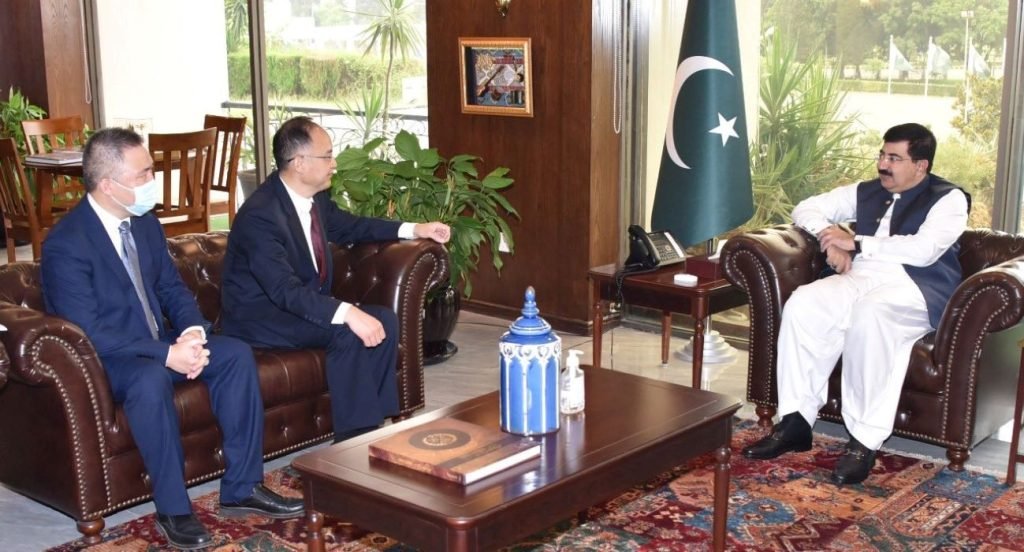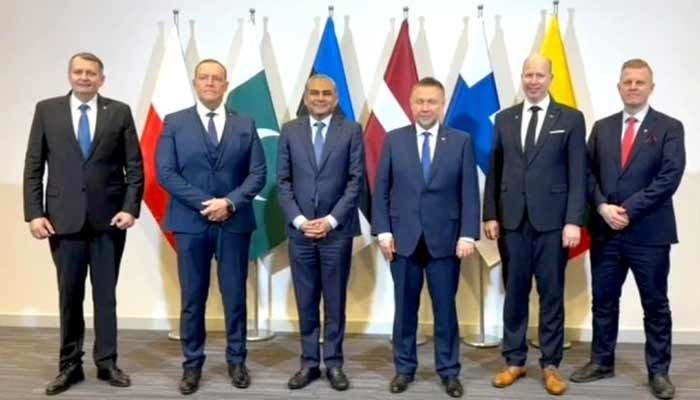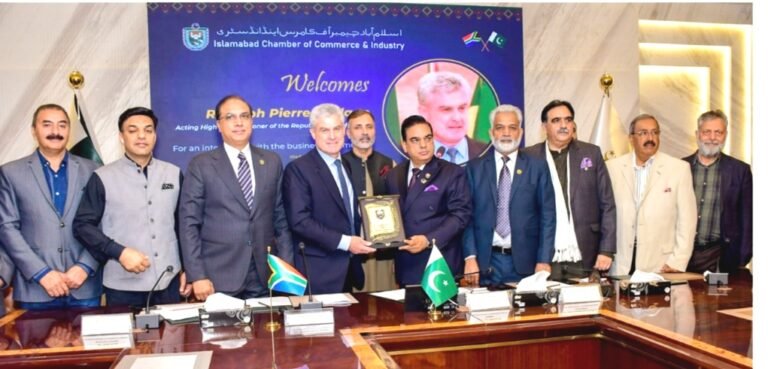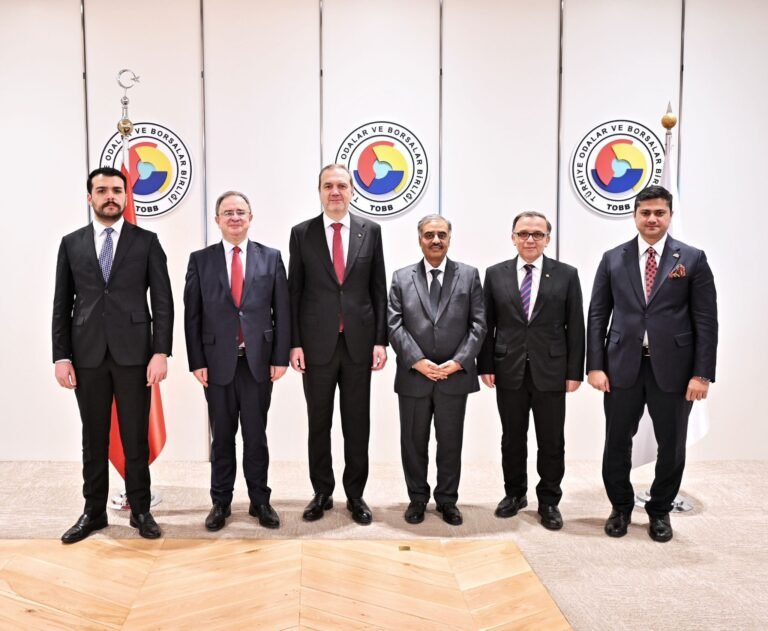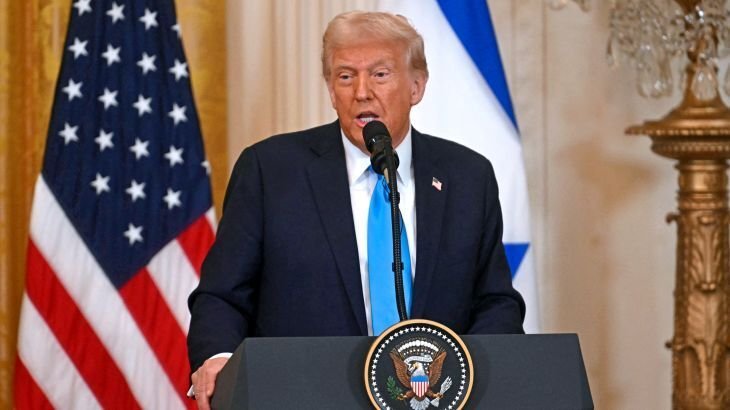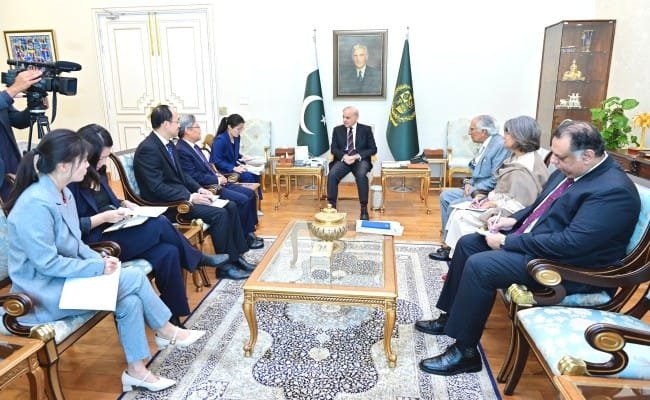Islamabad, 12 August 2022 (TDI): Nong Rong, Ambassador of China to Pakistan, called on the Chairman of the Senate of Pakistan, Muhammad Sadiq Sanjrani, at the Parliament House, on Thursday.
China Envoy in Pakistan @AmbNong called on Chairman Senate M Sadiq Sanjrani at Parliament House. The two sides reaffirmed their resolve to further boost bilateral cooperation in various fields. Sanjrani restated🇵🇰firm support to🇨🇳on core issues of its national interest. pic.twitter.com/cG0y3vbQml
— Senate of Pakistan (@SenatePakistan) August 11, 2022
During the meeting, the Chairman Senate underscored that China and Pakistan have always enjoyed excellent relations. Moreover, the Chairman said that both countries have a shared vision for making collective efforts to promote regional peace and development.
Further, both sides exchanged views that the two countries have ensured commitment to further boost bilateral cooperation in various fields for mutual benefit.
Muhammad Sadiq Sanjrani highlighted that the ‘All-weather Strategic Cooperative Partnership’ will further deepen the bilateral relations between the two states.
The Chairman of the Senate re-affirmed Pakistan’s commitment to the “One-China Policy”. He also guaranteed Pakistan’s support to China on essential issues of its national interest, including Taiwan.
Statement by the Chairman Senate
Muhammad Sadiq Sanjrani stated, “Pakistan is deeply concerned over the evolving situation in the Taiwan Strait and fears that it has serious implications for regional peace and stability.”
The Chairman further said, “the world cannot afford another crisis after the ongoing conflict in Ukraine that has negative consequences for global peace, security, and the economy.”
Moreover, the Chairman appreciated China’s firm support to Pakistan on national issues such as Jammu and Kashmir dispute and the Nuclear Suppliers Group (NSG).
Apart from this, both sides discussed China-Pakistan Economic Corridor (CPEC). The Chairman Senate underlined that Pakistan is committed to the timely completion of the CPEC project.
Pakistan and China relations
Pakistan and China established their diplomatic ties in 1951. Since then, the two countries enjoy close and friendly relations. Moreover, in 2005, Pakistan and China signed the “Treaty of Friendship, Cooperation, and Good Neighborly Relations” to strengthen their ties.
Pakistan and China have signed several bilateral agreements in various sectors including education, tourism, trade, and information technology. Most importantly, the two countries initiated CPEC in 2013 to boost economic collaboration and promote regional connectivity.
Senior year student of International Relations at Kinnaird College.
- This author does not have any more posts.

